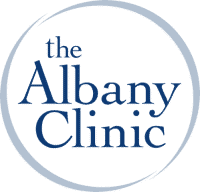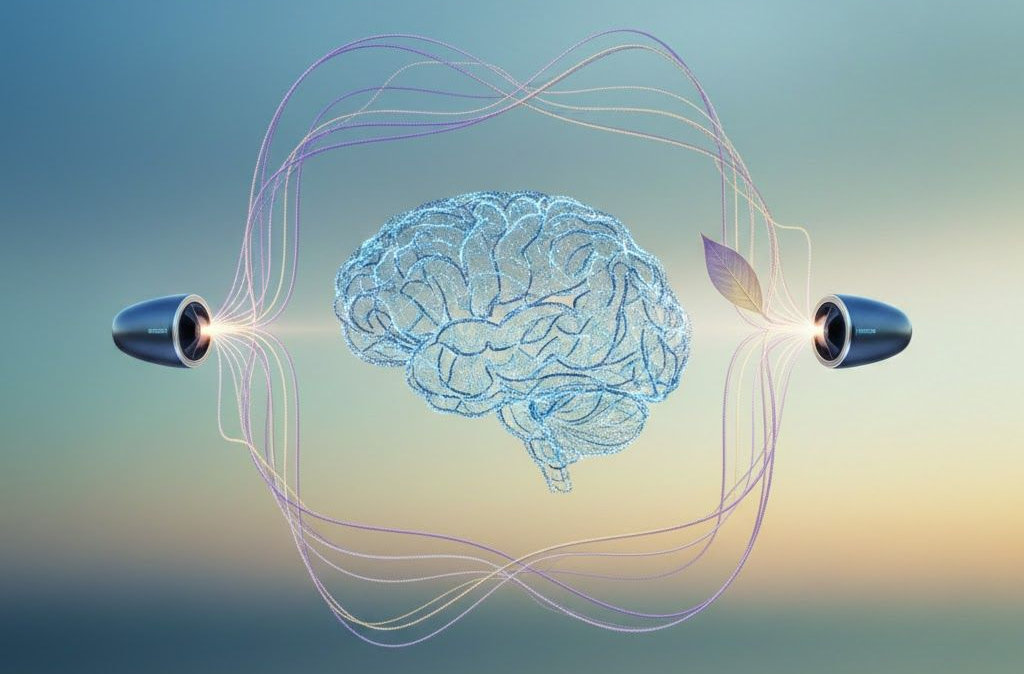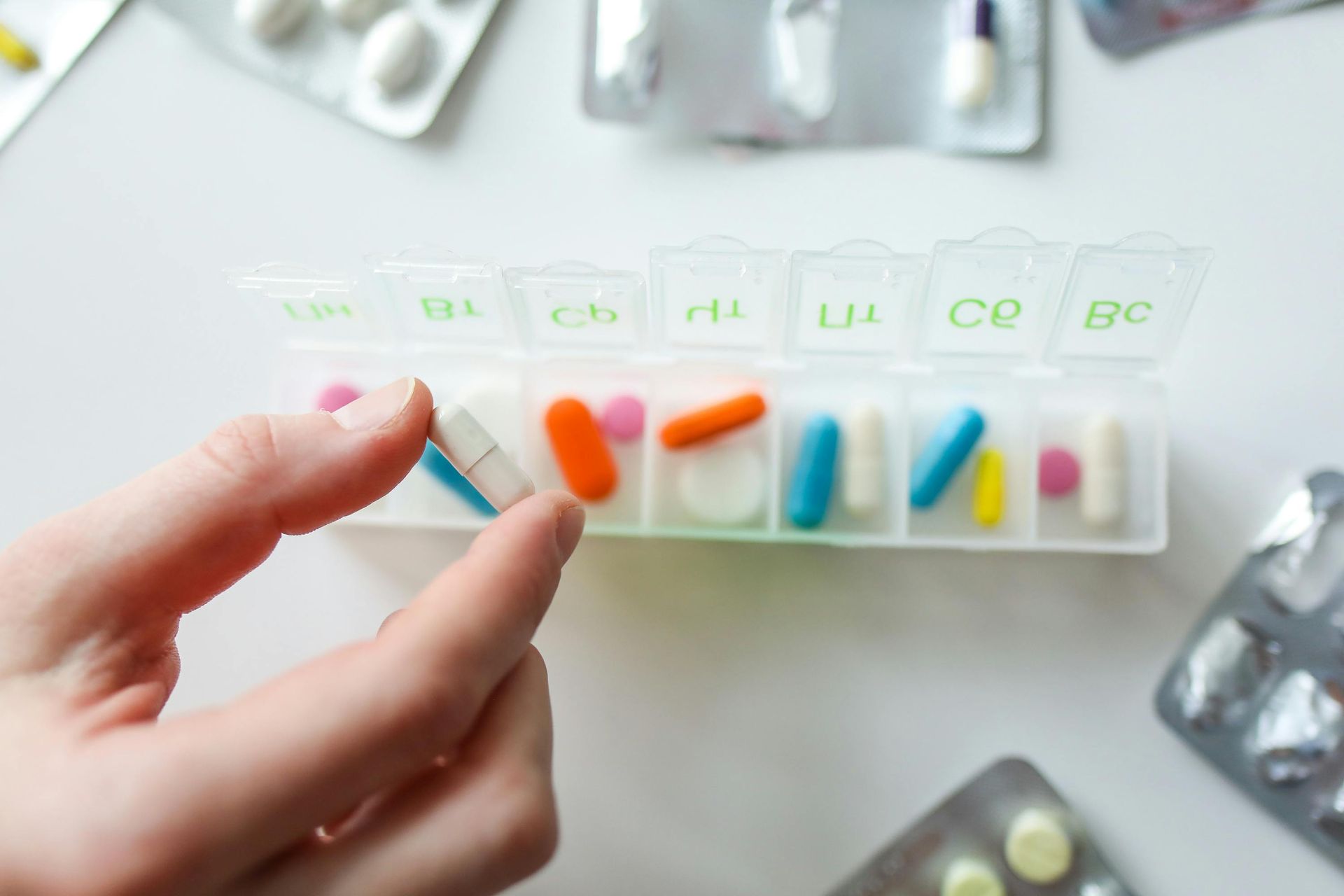What Is The Definition Of Clinical Depression?

The Albany Clinic • December 28, 2021
It’s normal to feel sad or depressed in certain situations. It’s a part of life that everyone deals with occasionally. Typically, such feelings or low moods subside naturally, but when symptoms persist for weeks, even with treatment, you may be suffering the early signs of clinical depression.
What Is Clinical Depression?
Clinical depression is a major medical illness that adversely affects how you think, the way you feel, and your actions. People with clinical depression can’t function as they used to, often losing interest in once enjoyable activities and feeling hopeless and sad for a long time. It can affect the body, behavior, moods, and thoughts. Depression changes eating habits, how you feel and think, studying and working, and interactions with other people.
Important Facts
The consequences of clinical depression can’t be understated. Besides ranking as a top mental health condition in America, it has a broad reach worldwide.
- Globally, nearly 300 million people across multiple groups experience depression.
- The World Health Organization (WHO) calls it a leading cause of disability globally and a big supplier to the total global weight of disease.
- Depression affects more women than men.
- Depression can result in suicide.
The WHO says, “There are effective psychological and pharmacological treatments for moderate and severe depression.” Years of research have uncovered the potential of unique medicinal options, including ketamine, a popular anesthetic.
Is It Different From Stress And Sadness?
If you or a loved one is depressed, you’ve likely heard someone say, “Shake it off, you’re just sad” or “Stress sucks.” Feeling depressed and sad is often a typical reaction to something stressful going on in your life. Look at it like this – it’s common to have a low mood following a big disappointment or to experience problems sleeping or eating after ending a personal relationship. Typically, after talking to a friend or loved one, you begin to feel like yourself again within a short time. But clinical depression is far different. It’s typified by a noticeable shift in how you function, with common symptoms like irritability and loss of sleep lingering for two weeks or more.
These are typical experiences that some people can have when suffering from clinical depression, but the condition manifests itself differently for each person. Unlike normal sadness and stress, the signs of clinical depression linger and don’t subside no matter how much you wish otherwise. That’s often when you know it’s time to get help.
Signs And Symptoms
- Feelings of tearfulness , sadness, hopelessness, emptiness.
- Anger, irritability, or frustration, even over tiny issues.
- Loss of interest in pleasurable activities, like sex, hobbies, or sports.
- Difficulty sleeping – including insomnia – or sleeping more than average.
- Tiredness and lack of energy, resulting in abnormal effort.
- Weight loss and less hunger or boosted cravings for food resulting in weight gain.
- Anxiety, restlessness, or agitation.
- Slower thinking, speech, or bodily motions.
- Feelings of guilt or worthlessness, obsession with past failures.
- Problems thinking, concentrating, memory, and decision making.
- Preoccupation with thoughts of death, suicide, or suicide attempts.
- Inexplicable physical ailments, like headaches or back pain.
Causes
Research is ongoing, but doctors and scientists believe clinical and other depression are caused by changes within the brain, specifically with neurotransmitters and how cells communicate. Depression may result from genetics like a blood relative who’s depressed, biological processes , temperament, stressful events, and even environmental factors.
How To Diagnose
At a minimum, getting diagnosed with depression requires a physical exam and psychiatric evaluation, as well as lab tests and other diagnostics to look for a root cause. Your healthcare provider will then consult with the Diagnostic and Statistical Manual of Mental Disorders , Fifth Edition, most recently updated in 2013.
Types Of Treatment
Many psychological and pharmacological treatments are available to treat clinical depression, most prominently in-patient or out-patient counseling or medicine prescribed by a licensed healthcare provider. Effective care depends on many factors, including the severity of the depression, overall physical health, history of mental illness, and your commitment to whatever treatment is recommended. In some cases, doctors and clinicians may recommend innovative treatments like ketamine – which was introduced as an anesthetic in the 1960s.
Final Thoughts
Clinical depression is a severe mental health illness that can lead to dangerous health problems, including an increased risk of suicide. It can never be cured, but different kinds of treatment can help manage its most prevalent symptoms. Call us today to learn more about innovative new treatments like ketamine infusions that may be able to help you find relief.
The post What Is The Definition Of Clinical Depression? appeared first on The Albany Clinic.






